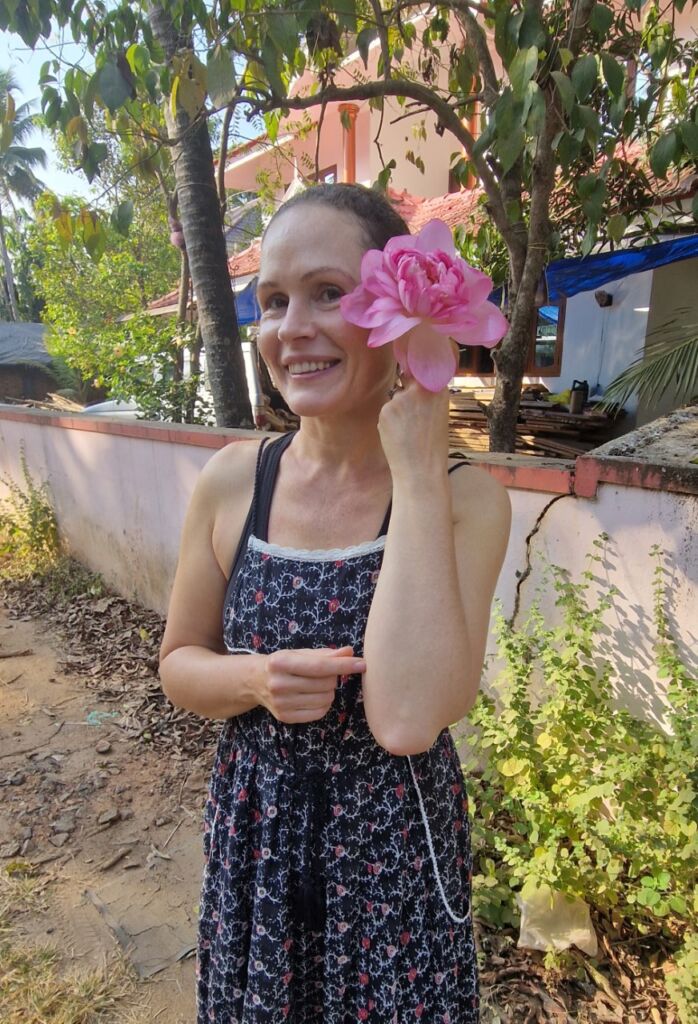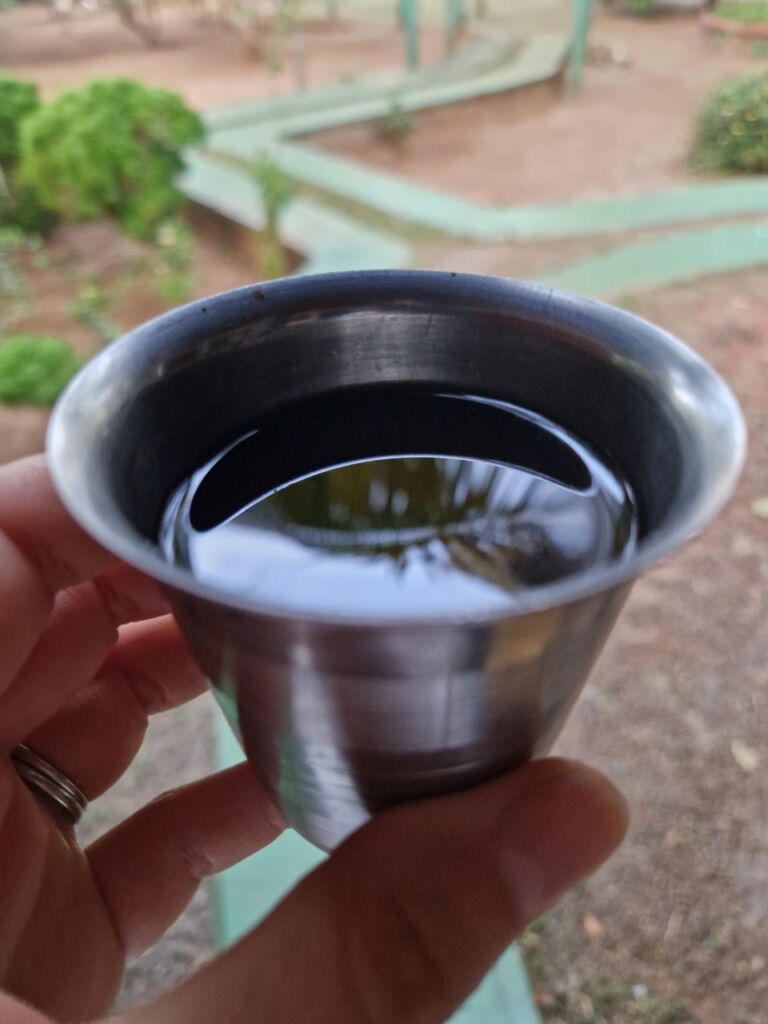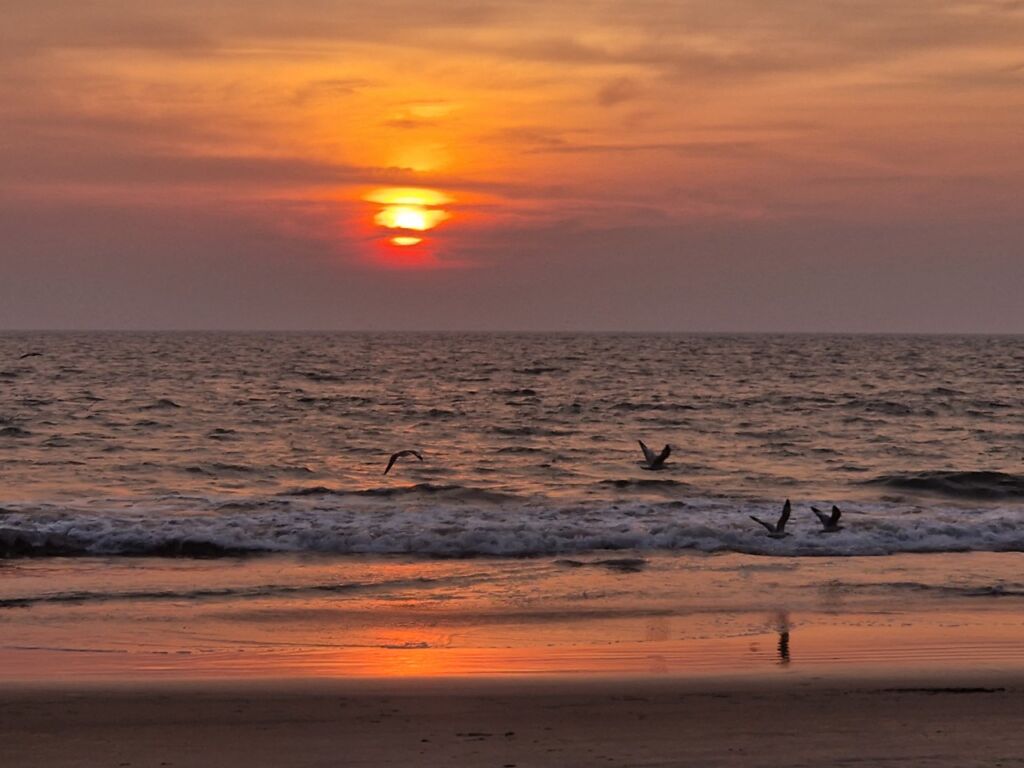Many friends and contacts have asked me to share more about my recent panchakarma experience.

Panchakarma is a deep cleansing practice of Ayurveda, the medicine with roots in ancient India. Ayurveda is still well used, with practitioners not just in India and Sri Lanka, but also in other countries. When I lived in Bali, I was lucky to have an Ayurvedic centre minutes away from my house in Ubud so I was able to easily source herbal ingredients for the women’s health elixirs I created. I have also been using Ayurvedic medicine for many years for my own health and also in my clinic with good results.
It’s amazing to remember that Ayurveda goes back to the Vedic era which was 3,000 years ago. Only a truly powerful and effective system of medicine could survive this long.
What is Panchkarma? The literal translation of the name suggests “five actions”: Pancha means five, karma means action.
Panchakarma is a deep detoxification programme for the body, mind and spirit. It’s a total physical and mental reset, designed individually as we are all unique, to rebalance the body, our doshas (constitutions), bringing improvements in digestion and every aspect of health. There are many accounts of cures from even complex and chronic conditions. I’ve been told it can prevent disease too and it is used to for longevity – all areas I am interested in!
On my arrival, I was interviewed by the resident doctor who asked details about my health, assessed my tongue and established my dosha. She then designed a panchakarma programme which was unique to me. I was there with 13 other women on a retreat to immerse ourselves in harmonising the kirtan and also other practices while based in the centre. Those women who were menstruating or approaching their menstruation were given a lighter programme to follow – this is because according to Ayurveda, menstruation is not an ideal time for more extreme forms of detoxing. I couldn’t agree more – in my work I often talk about the importance of eating and living with the cycle, rather than ignoring it. The women who were on hormones were asked to stop taking them (and told they will most likely not have any need for them after the detox), but any other medication stayed in.

Panchakarma begins with oleation (oil saturation) which was both internal and external.
Each morning at 6:30 I was woken up by a knock to my door… and given an increasing dose of warm herby ghee as my first “meal” of the day. My 1st dose was 40 ml, the last dose on my last ghee day was 120 ml.
Ghee is given to prepare the body for release of all kinds of toxins. I was asked not to go back to sleep as this would slow down the process and to eat only when hungry which seemed to be later with each day… my last couple of days I would start eating well into the afternoon – ghee keeps the body in fat metabolism and takes appetite away. There is also a lingering taste of ghee at the back of the throat…There are other reasons for not thinking about food too much: during Panchakarma, meals consist of rice gruel, lentil papadums and, in the evenings, kitchari, a rice and bean soup, was also given. The food is so bland that no one was even looking forward to their meals other than as an opportunity for getting together to share their daily experiences with other women. Also, knowing we can eat whenever we are hungry is relaxing in terms of thinking about food and eating…it is not a fast. It’s really about tuning into the body and listening to its clues.
I have to admit that as a nutritionist I am still unsure about such starchy diet; rice is high glycaemic meaning that it brings glucose levels up. Also, I didn’t feel so healthy not eating any vegetables. How does Ayurveda explain this in the context of our modern understanding of healthy nutrition…?
Staff would hand out flasks filled with hot water which to drink throughout the day. This was to help with detox and also keeps hydration levels up as it was quite hot and getting hotter each day in Kerala.
I received daily four hands massage with herby oil and sometimes accompanied by with pounding with pinda sveda, the poultice bags packed with more herbs. I also had other treatments – Ayurvedic herbal facial and shirodhara, when milk with herbs is poured over the forehead in what felt like blissful infinity. Shirodhara is deeply healing and so helpful at melting away any stress, insomnia and is known for treating depression.

Each women experienced our Panchakarma so differently. I loved hearing all the different stories of our experiences as we met throughout the day.
Panchakarma is not just physical. I’ve heard many times that in order to transform ourselves we need to go through a death of the old so that we can rebirth rebalanced. Panchakarma is really a rebirth on every level and this was definitely my experience of it. My panchakarma was also a retreat combined with women circles to go through many layers of being. We held intention-setting and letting go ceremonies to help bring it all into awareness and to manifest our renewed selves. However, friends who have done pure Panchakarma before tell me that theirs was also an experience of rebirth.
We practiced yin yoga and meditations, visited the local village temple celebrations, had interesting conversations, body and soul practice, and even a raga singing lesson – the days flowed beautifully. Everything felt slowed down, there was no rush to do anything, time seemed to melt away. Even digestion in Panchakarma is slowed down as ghee moves toxins into the intestines. For me especially this gave me time away from work and family life as a mother.
The next step of Panchakarma is purgatory therapy. I was given a herbal concoction and a flask of hot water designed to make everything come out. But it is so much more than taking a laxative which I wasn’t expecting. I had a feeling of nausea as soon as I thought it was all finished and ventured into the sunny spot in the garden. This took me back into my cottage for some rest and it took me a couple of hours to feel strong enough to come out. The nausea made me want to be in a quiet space taking it easy. At some point I was given a glass of rice water and ginger tea which helped.
The meals following purgation became more elaborate, included much awaited flavours and spices…which was so good. Many of us felt so ready to sample good Indian food.
Panchakarma is usually done over a longer period of time, because we had limited time, this was only 6-7 days.
I am feeling quite well after this panchakarma, more relaxed, slimmer, sleeping well but of course I was also doing other things as part of the retreat which I loved and this enhanced my experience.
I would be happy to check myself into an Ayurvedic centre again for a longer, perhaps more thorough, immersion. Definitely in a hot season/country again where the climate would encourage detoxification, and with a company of a good friend to make the experience special. I’d just need to brace myself for the diet of rice gruel…

